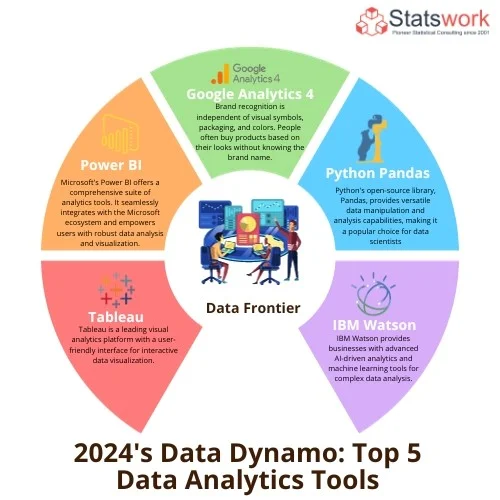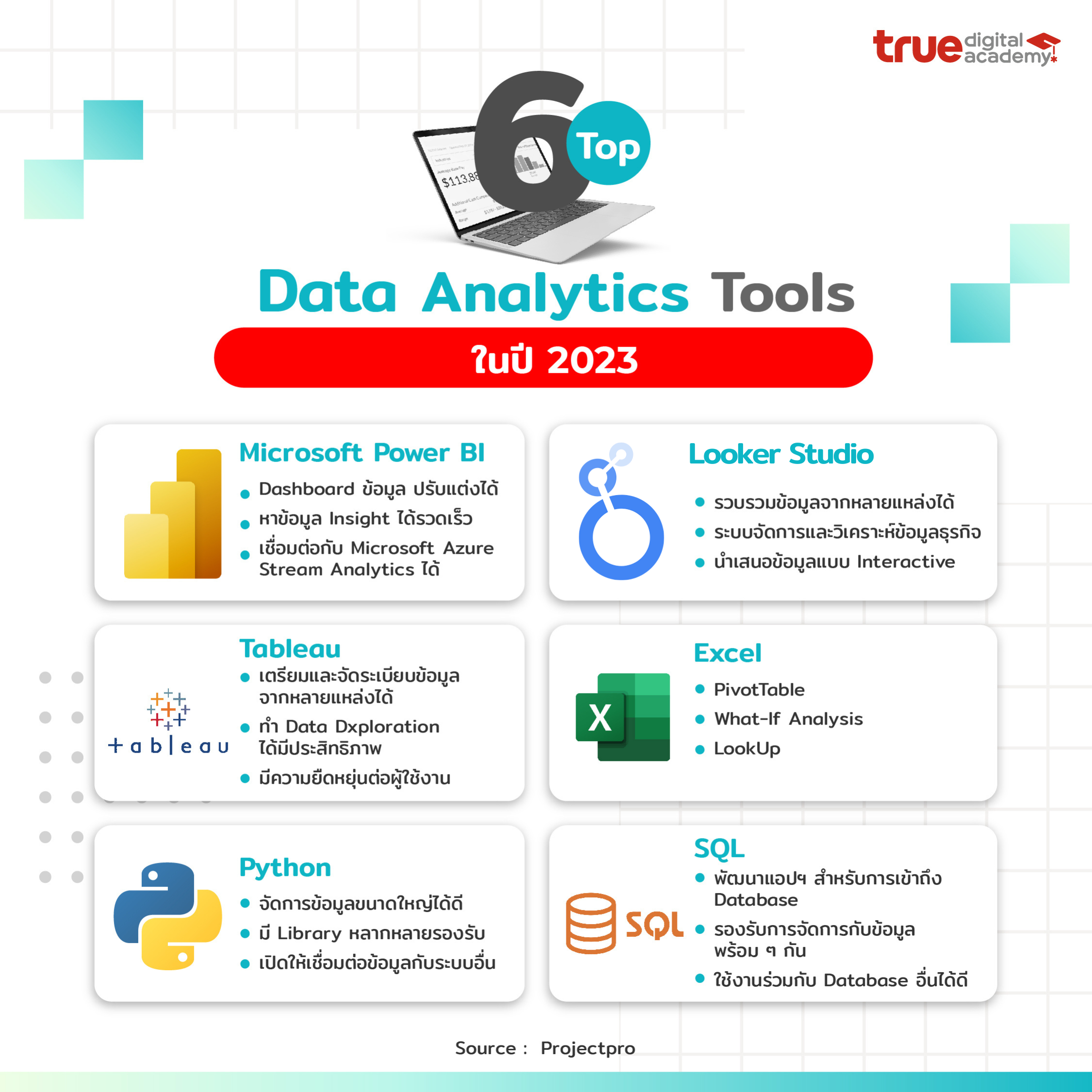Gain Competitive Edge With Effective Analytics Implementation
Gain Competitive Edge With Effective Analytics Implementation
Blog Article
Take Full Advantage Of Development: How Analytics Drive Better Methods
In today's data-driven landscape, organizations significantly recognize the pivotal role of analytics in shaping reliable growth strategies. By harnessing data understandings, services can improve their operational approaches, expect market changes, and enhance customer involvement. Nonetheless, the obstacle exists not only in collecting data however in effectively translating it to drive tangible end results. As we check out the key advantages and techniques connected with analytics, a crucial question arises: just how can organizations guarantee they are leveraging these insights to open their complete possibility? The answer might redefine the future of strategic preparation.
Understanding Data Analytics
Data analytics is a methodical computational evaluation of data that allows organizations to reveal purposeful patterns and understandings. This process encompasses a selection of techniques, consisting of statistical analysis, anticipating modeling, and data mining, which jointly aim to change raw data right into workable info - Analytics. By employing these techniques, organizations can make enlightened choices that are rooted in empirical evidence as opposed to instinct alone
The foundation of data analytics hinges on its capacity to deal with huge quantities of information from diverse sources. This consists of organized data, such as databases, and disorganized data, including social media sites communications and client feedback. Via using specialized software application and devices, analysts can draw out and refine this information efficiently, recognizing fads and connections that might not be immediately apparent.
Recognizing information analytics likewise includes identifying the relevance of information high quality and honesty. Reputable and precise information is crucial for meaningful evaluation; therefore, companies should carry out robust data administration practices. The repetitive nature of analytics enables for continuous improvement and renovation of methods, ensuring that organizations remain active in the face of altering market characteristics and customer actions.
Key Benefits of Analytics

One of the essential advantages of analytics is its ability to give actionable understandings. Organizations can promptly assess vast quantities of data, revealing patterns that may not be right away apparent. This assists in preparing for market shifts and adapting methods appropriately. Furthermore, analytics promotes a society of evidence-based decision-making, lowering reliance on intuition and guesswork.
An additional considerable advantage is improved client understanding. Analytics devices enable organizations to section their audience, track consumer habits, and personalize advertising efforts. This targeted technique not only boosts client interaction however likewise drives higher conversion rates.

Implementing Analytics Approaches
To fully realize the advantages of analytics, organizations have to adopt organized techniques for execution. This begins with clearly defining goals that straighten with more comprehensive company objectives. By developing details, quantifiable end results, organizations can concentrate their analytics efforts on areas that yield the highest possible roi.
Next, companies need to prioritize information governance to make sure the honesty and security of the information being analyzed. This involves establishing protocols for information collection, storage space, and access while sticking to pertinent regulations. Guaranteeing top quality data is vital for producing significant insights.
Additionally, fostering a culture of data-driven decision-making is important. This requires training workers to analyze analytics findings and encouraging cooperation throughout divisions. When groups understand the worth of analytics, they are most likely to incorporate understandings right into their day-to-day procedures.
Lastly, companies ought to regularly examine and improve their analytics techniques. The landscape of information and technology is continuously progressing, and staying adaptable will enable companies to take advantage of new tools and methods effectively. By applying these organized approaches, organizations can take full advantage of the influence of their analytics campaigns and drive sustainable development.
Tools for Effective Analysis
Efficient analysis depends on a range of tools that facilitate the extraction of understandings from information - Analytics. These tools can vary from simple spreadsheet applications to innovative device discovering systems, each serving a special objective in the analytical process
Data visualization software program, such as Tableau and Power BI, plays a critical duty in changing complicated datasets into easy to understand graphical representations. These tools make it possible for experts to determine patterns and patterns quickly, enabling even more educated decision-making.
Analytical evaluation software program, like R and SAS, supplies innovative capabilities for carrying out extensive analyses, including regression, theory testing, and anticipating modeling - Analytics. These features equip organizations to attract meaningful conclusions from their data, identifying possible possibilities and dangers
Additionally, data source administration systems such as SQL and NoSQL data sources offer the essential infrastructure for storing and quizing huge quantities of information effectively. They ensure that information is organized and obtainable for evaluation.
Last but not least, service knowledge platforms integrate different data sources, providing a comprehensive view of organizational performance. By utilizing these tools successfully, organizations can enhance their analytical abilities, enabling them to develop methods that take full advantage of growth and enhance general efficiency.
Study of Success
Effective organizations usually take advantage of data analytics to drive impactful approaches, as confirmed by several remarkable situation research studies. By utilizing these insights, Netflix has successfully customized its content suggestions, resulting in raised user involvement and client retention.

Additionally, Starbucks employs information analytics to identify optimum store places visit and refine its item offerings. By analyzing client demographics and acquiring patterns, Starbucks successfully identifies high-potential markets and customizes its food selection to neighborhood preferences, driving sales and consumer loyalty.
These study illustrate that reliable usage of data analytics can cause calculated advantages, cultivating advancement and development within companies throughout numerous industries.
Final Thought
To conclude, the assimilation of analytics into business approaches substantially improves decision-making procedures and promotes lasting growth. By leveraging data-driven understandings, services can recognize patterns, anticipate market shifts, and maximize operations. The efficient execution of analytics tools additionally supports agility and technology, enabling organizations to browse affordable landscapes with greater accuracy. Ultimately, a dedication to analytics not only drives instant performance improvements yet also protects long-term success in an ever-evolving market.
Data analytics is a methodical computational evaluation of data that enables companies to discover purposeful patterns and insights.Comprehending information analytics likewise entails identifying the significance of data quality and integrity. Precise and reputable information is crucial for significant evaluation; thus, companies have to carry out robust information governance methods.Following, companies must focus on information governance to my company make certain the integrity and security of the data being assessed.Successful organizations frequently take advantage of data analytics to drive impactful techniques, as shown by numerous significant situation researches.
Report this page